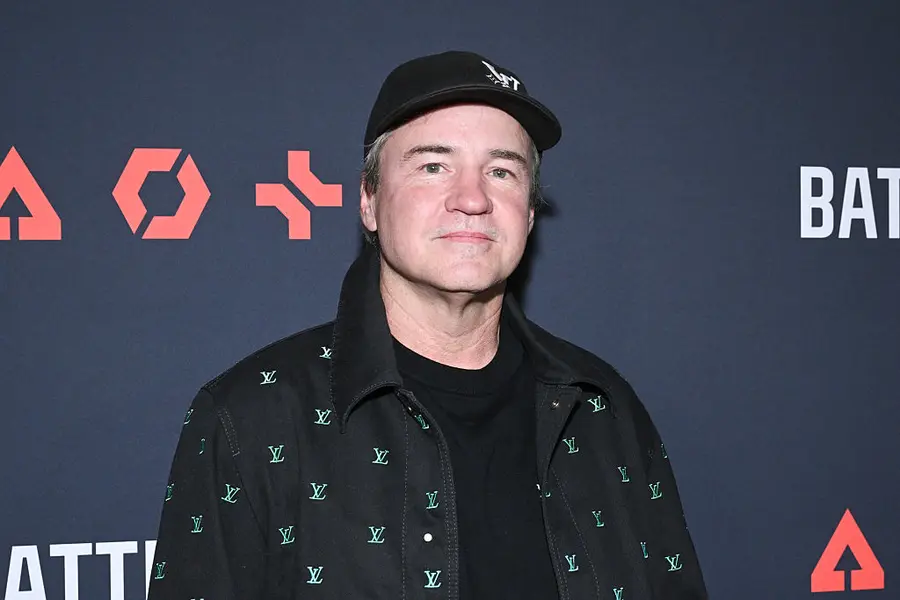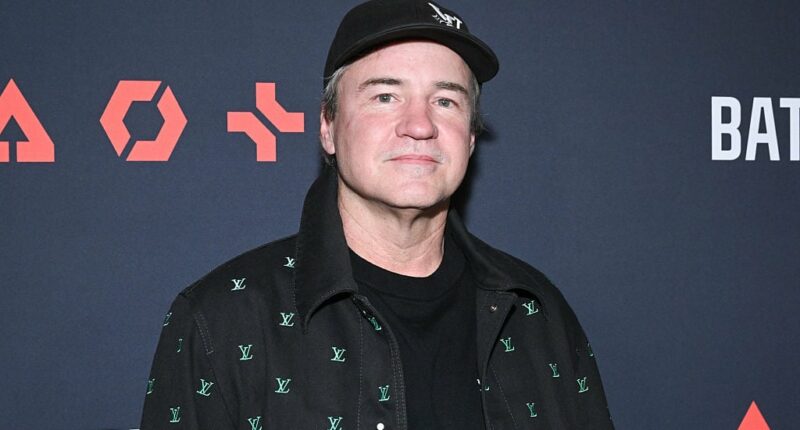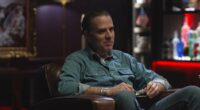Share this @internewscast.com
What was Vincent Zampella’s Net Worth?
Vincent Zampella, an iconic figure in the video game industry, had amassed a fortune of $40 million by the time of his passing. Renowned as a visionary in the realm of first-person shooters, Zampella was a driving force behind the evolution of this genre for over twenty years. He is perhaps most celebrated for co-creating the groundbreaking “Call of Duty” series, which set new benchmarks for how high-profile shooters are developed, marketed, and monetized. His creations were distinguished by a blend of cinematic narratives, dynamic multiplayer designs, and meticulous technical execution, establishing new industry norms. Throughout his career, Zampella was instrumental in launching and guiding several multi-billion dollar franchises, such as “Call of Duty,” “Titanfall,” “Apex Legends,” and “Battlefield.”
Zampella’s impact was not confined to individual games. He played a pivotal role in pioneering the contemporary approach to franchise development, including annual releases, studio rotations, and live-service multiplayer models. As a co-founder of Infinity Ward and Respawn Entertainment, he consistently assembled top-tier development teams and produced genre-defining successes. Even after a much-publicized departure from Activision, Zampella reestablished his creative influence at Electronic Arts, where he rose to manage some of its most critical studios and projects. By his death in 2025 at the age of 55, Zampella had permanently changed the landscape of interactive entertainment, influencing both player experiences and publisher strategies for high-profile game development.
Early Life
Born in 1970, Zampella was drawn to video games and computer technology from an early age, eventually focusing on game design as the medium was still in its infancy. Although the specifics of his early life and education are not widely documented, Zampella entered the industry at a time when small, agile teams could significantly shape the future of game development. His technical skill and leadership quickly distinguished him within the studios he joined.
Medal of Honor and Early Breakthrough
Zampella first gained significant industry recognition for his work on the 2002 release “Medal of Honor: Allied Assault.” Developed by 2015, Inc. and published by Electronic Arts, the game was lauded for its cinematic depiction of World War II battles. Its portrayal of the D-Day landing at Omaha Beach became one of the most memorable scenes in early 2000s gaming, showcasing the potential of first-person shooters to merge historical narratives with engaging gameplay.
The triumph of “Allied Assault” drew considerable attention from the gaming industry. In response, Electronic Arts aimed to centralize similar development projects internally, creating friction within the team. Rather than remain under these uncertain circumstances, Zampella and several key colleagues opted to forge their own path.

(Photo by Gilbert Flores/Variety via Getty Images)
Infinity Ward and the Rise of Call of Duty
In 2002, Zampella co-founded Infinity Ward with Jason West and Grant Collier. The studio comprised many members from the team that had worked on “Medal of Honor: Allied Assault.” Infinity Ward’s inaugural release, “Call of Duty,” came out in October 2003. Designed as a spiritual successor and direct competitor to “Medal of Honor,” it placed players in the shoes of American, British, and Soviet soldiers during World War II.
“Call of Duty” was an immediate success, praised for its cinematic pacing and squad-based combat. Activision invested in Infinity Ward and eventually acquired the studio outright. Under Zampella’s leadership as chief executive, Infinity Ward transformed the franchise into a global juggernaut.
The series reached a historic turning point with “Call of Duty 4: Modern Warfare” in 2007. Moving the franchise into a contemporary setting, the game revolutionized multiplayer progression systems, popularizing unlockable perks, weapons, and persistent player progression. These mechanics became industry standards and were soon adopted across countless shooters.
“Call of Duty: Modern Warfare 2” followed in 2009 and generated more than $1 billion in revenue, cementing the franchise as one of the most profitable in entertainment history.
Activision Split and Legal Battle
In 2010, Zampella and West were fired by Activision for what the company described as insubordination. The termination sparked a highly publicized legal dispute that exposed tensions between creative talent and corporate publishers. Zampella and West sued Activision, alleging they were dismissed to avoid paying tens of millions of dollars in bonuses and royalties. Activision countersued, accusing the pair of attempting to undermine the company.
The case was settled just before trial, ending one of the most closely watched legal battles in video game history. The episode became a defining moment for developer rights and highlighted the enormous financial stakes tied to blockbuster franchises.
Respawn Entertainment and a Second Act
Shortly after leaving Infinity Ward, Zampella co-founded Respawn Entertainment in 2010. Backed by Electronic Arts, the studio was formed with many former Infinity Ward developers. Respawn debuted with “Titanfall” in 2014, a futuristic shooter that introduced parkour-style movement and giant mechanized robots known as Titans. The game was praised for its fluid mobility and innovative multiplayer design.
Respawn followed with “Titanfall 2” and achieved massive mainstream success with “Apex Legends,” a free-to-play battle royale shooter released in 2019. “Apex Legends” became one of the most successful live-service games of its era, attracting tens of millions of players and establishing Respawn as a cornerstone of Electronic Arts’ portfolio.
Leadership at Electronic Arts and Battlefield
Beyond Respawn, Zampella rose to broader leadership roles within Electronic Arts. He became a central figure in overseeing multiple studios and franchises, including “Battlefield.” Under his guidance, EA sought to refocus its shooter franchises around quality, player trust, and long-term engagement. His influence extended across studio management, creative direction, and franchise strategy.
Legacy
Vincent Zampella died on December 21, 2025, at the age of 55. His death was confirmed by Electronic Arts, which praised his profound influence on the industry. Over the course of his career, Zampella helped create games that sold hundreds of millions of copies and shaped modern multiplayer design. More importantly, he demonstrated that elite creative teams could be built, disrupted, rebuilt, and succeed again at the highest level. His work remains foundational to the way blockbuster video games are made today.
All net worths are calculated using data drawn from public sources. When provided, we also incorporate private tips and feedback received from the celebrities or their representatives. While we work diligently to ensure that our numbers are as accurate as possible, unless otherwise indicated they are only estimates. We welcome all corrections and feedback using the button below.
(function() {
var _fbq = window._fbq || (window._fbq = []);
if (!_fbq.loaded) {
var fbds = document.createElement(‘script’);
fbds.async = true;
fbds.src=”
var s = document.getElementsByTagName(‘script’)[0];
s.parentNode.insertBefore(fbds, s);
_fbq.loaded = true;
}
_fbq.push([‘addPixelId’, ‘1471602713096627’]);
})();
window._fbq = window._fbq || [];
window._fbq.push([‘track’, ‘PixelInitialized’, {}]);






